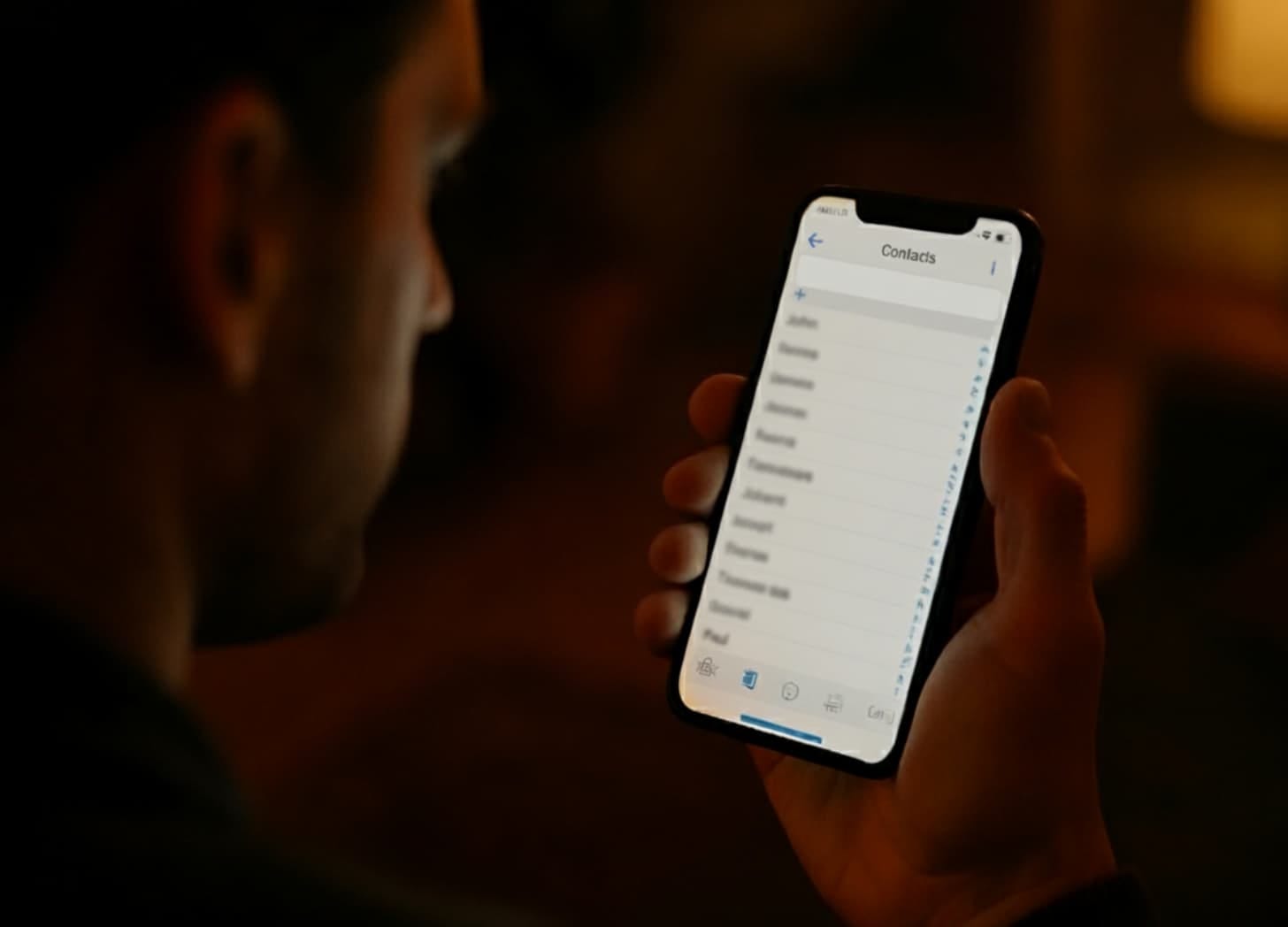Why Gay Friendships Feel So Hard to Build After 30
The survival skills that kept us safe at thirteen are starving us of connection at thirty-five.
Saturday night. 8:47 PM. You’re scrolling your contacts list with your thumb, that specific mechanical motion where each name passes like cards being dealt. Tom from work. Brad from the gym. That guy from the party three months ago whose last name you never caught. Fifteen names deep and your chest already knows what your brain won’t admit.
You have no one to call.
Not no one in the phone. No one who’d pick up if you said, “I need to talk.” No one where the conversation could start mid-thought. Where you wouldn’t have to perform the pleasant opener, the “how have you been” warmup, the thirty-minute runway before landing at what you actually need to say.
The contacts list closes. The TV goes on. Another Saturday absorbed into the furniture.



